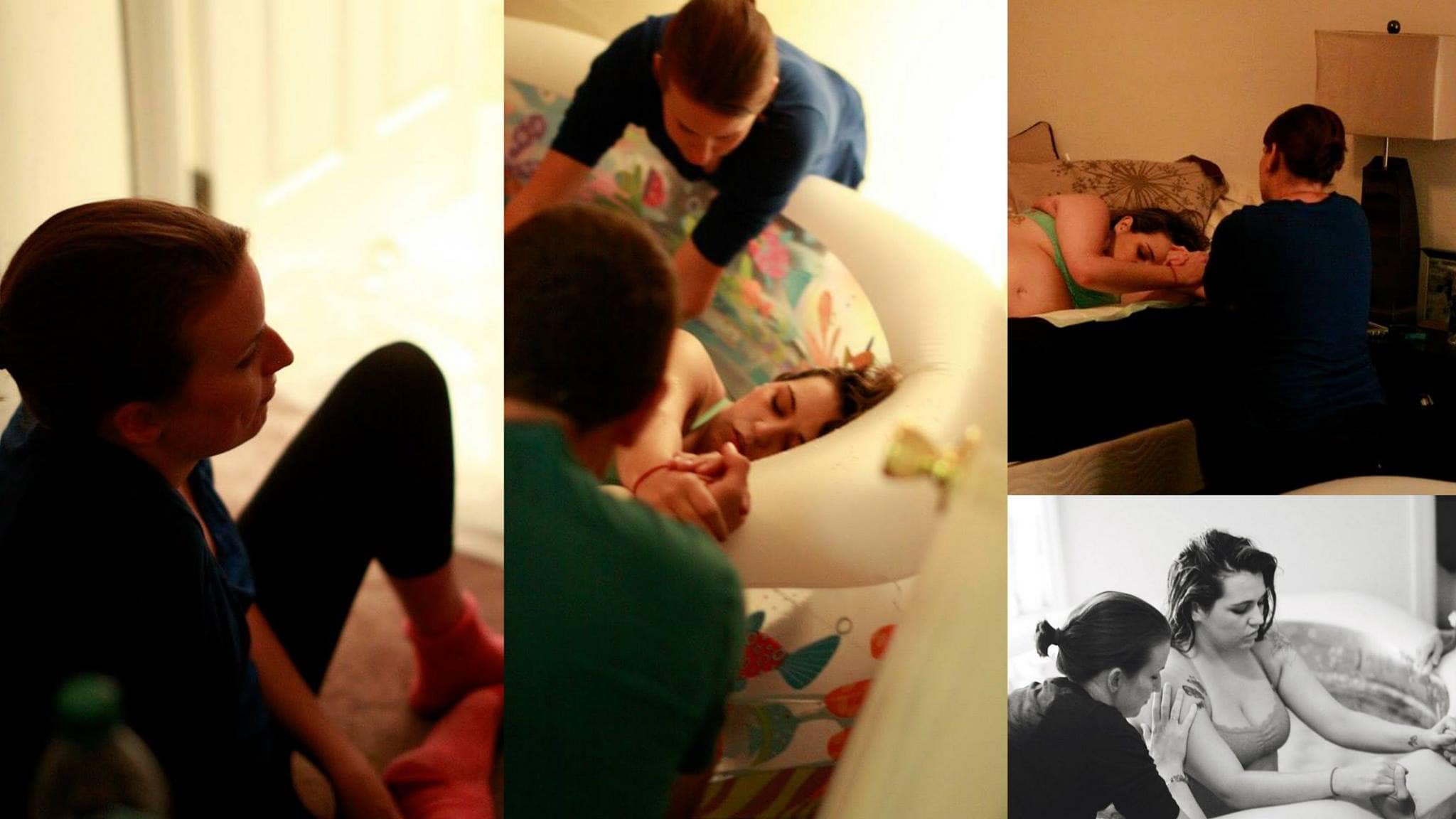2024 Birth Conferences for Birth and Postpartum Professionals
Birth workers, if you are looking for information about 2024 birth conferences you have come to the right place! This page has all the birth conferences organized by topic, then …
Are you passionate about supporting women during one of the most transformative moments of their lives? Are you intrigued by the idea of being a part of the birth process, providing comfort, guidance, and invaluable assistance to expectant parents? If so, then owning a birth business may be your calling. (It’s definitely a calling!)
As more women seek personalized and holistic care throughout pregnancy and childbirth, the demand for skilled birth workers is on the rise.

Let’s explore what it takes to start and succeed in owning a birth business, from understanding the roles of different birth professionals, to building a strong network within the birthing community, and continuing education.
Midwives come in a couple of flavors – certified nurse midwives (CNM) and licensed midwives (LM) or certified professional midwives (CPM). CNM’s typically attend hospital births, but not always, and LMs and CPMs attend out of hospital births at freestanding birth centers or home births.

A childbirth assistant, or birth assistant (BA), attends out of hospital births with licensed midwives at freestanding birth centers and homebirths. Childbirth assistants are not doulas, but help the midwife do her job by helping with things like charting, cleaning, laundry, organizing supplies, and handing the midwife things she needs (without her asking for them!).

What is a doula? A labor doula offers continuous non-medical physical, informational, and emotional support during the labor process. A postpartum doula similarly assists new parents during the postpartum adjustment period through tasks like birth processing, light house work, baby care, baby and postpartum education, meal preparation, and community referrals.
Learn the benefits of being a new doula, what essential oils to bring to a birth, the top ten reasons to hire a doula, and more!

I’ve been teaching childbirth classes since 2010 and it’s one of my greatest privileges. It’s a really neat time to be involved in people’s lives. Parents are hungry for information, and looking to feel more confident leading into their births.
Childbirth education helps parents learn the basics of birth, pain management at birth, how to make informed decisions, and so much more.
“If you don’t know your options, you don’t have any.”
Diana Korte and Roberta Scaer
What is placenta encapsulation? A placenta specialist processes placentas into placenta pills and tinctures immediate postpartum. Parents then “eat” their placenta during the fourth trimester, or the three months after birth.
Parents pursue placenta encapsulation for the following reasons.
To get started as a placenta specialist, you’ll need the right placenta encapsulation supplies, like a placenta dehydrator, cooler, or a small placenta encapsulation kit. (And make sure you charge the right amount for placenta encapsulation!)
Birth work is quite challenging, however, one of the really fun parts is continuing education. Attend an annual birth conference, learn through continuing education credits, take a training a place that has birth history, or meet your hero (I met mine – Barbara Harper in 2018!).
Whether you are a doula, midwife, lactation consultant, or childbirth educator, cultivating a network of like-minded individuals can offer invaluable resources, collaboration opportunities, and emotional support.
Learn 4 principles for building a strong birthing community, 10 boundaries for a successful birth business, how to pay a backup birth worker when you can’t be there, and more!
Get the best tips, advice and more for growing your birth business!
Birth workers, if you are looking for information about 2024 birth conferences you have come to the right place! This page has all the birth conferences organized by topic, then …
This is a full list of placenta encapsulation supplies to DIY placenta pills at home from your own placenta or to start a postpartum business. Those wishing to encapsulate a …
In my childbirth classes one of the ways we prepare for labor is by holding ice. I realize this may sound super strange, but I’ve found it to be an …
The disadvantages of HypnoBirthing are often unknown to new parents simply because of a lack of exposure and experience with the method. As a doula and birth assistant, I attend …
A childbirth assistant, more commonly known as a birth assistant (BA), attends out of hospital births with a licensed midwife at freestanding birth centers and homebirths. The role of a …
Birth is a profound and awe-inspiring journey that showcases the strength, resilience, and beauty of women. Birth documentaries provide an intimate look into this transformative experience while educating viewers about …
A placenta encapsulation kit contains the basic supplies needed to turn raw placenta into dehydrated placenta powder in capsules. This simple kit will help a placenta specialist looking to start …
An excellent placenta dehydrator is critical for encapsulating placentas correctly. It needs to be able to regulate the temperature down to the degree, be inexpensive, have a top mounted fan, …
The cost of placenta encapsulation varies based on location and will average somewhere between $250-$350, but there may be additional fees for add-ons, pickup and delivery, and shipping. How Much …
Knowing how to pay a backup doula is an important part to every successful doula’s business plan. How much is too low or too high? What’s the sweet spot? How …
When searching for the right doula, parents want the best of the best for their upcoming birth. Sure, a seasoned doula that’s been in the business for a long time …
Are you a seasoned doula suffering from burnout? Are you a brand new doula wanting to learn how to do things right? Or perhaps you’re somewhere in between, wondering how …